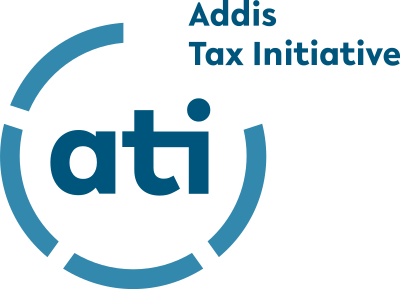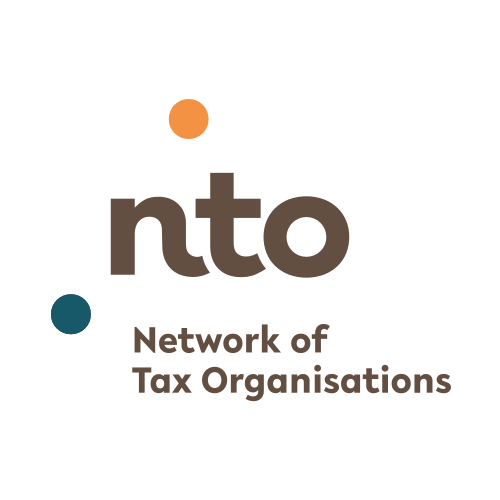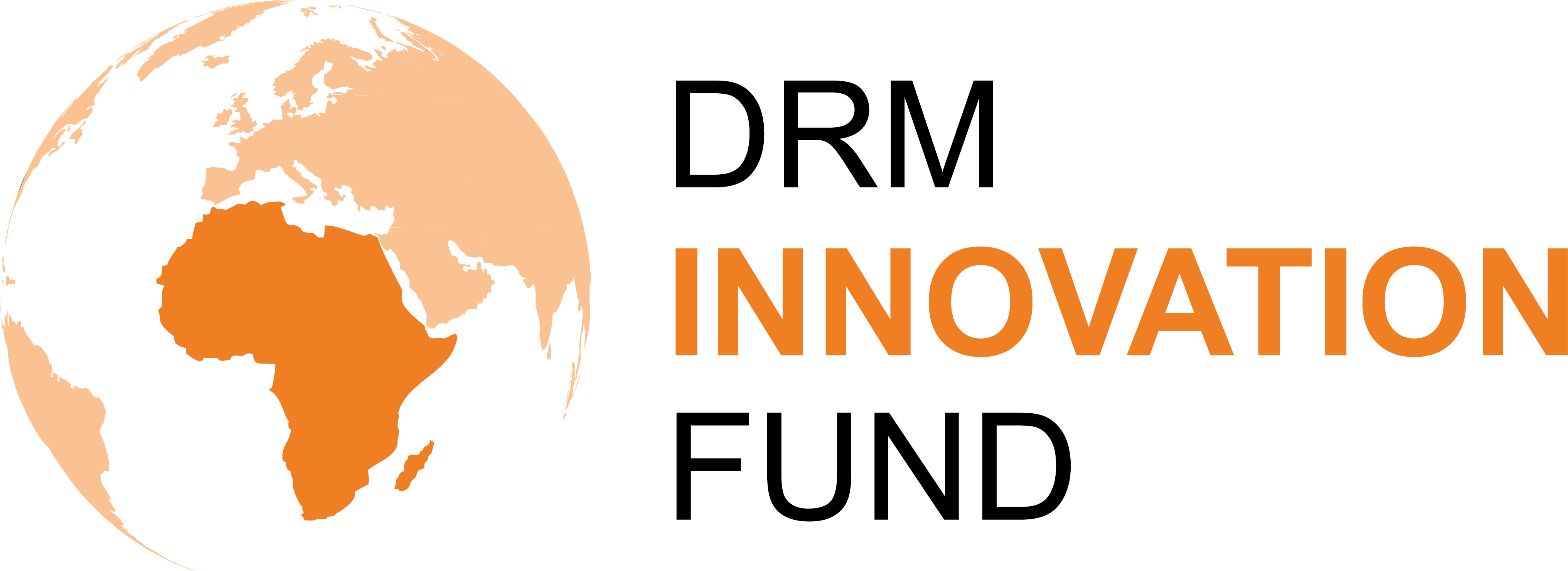Worklines
ATI Secretariat
The Addis Tax Initiative (ATI) aims to promote fair and effective domestic revenue mobilisation (DRM), policy coherence and the social contract through partnerships and knowledge building. As a multi-stakeholder partnership, the ATI plays an essential role in fostering collective action to improve tax systems in light of recognised gaps in development finance. Emerging from the Third International Conference on Financing for Development in Addis Ababa in July 2015, the ATI has significantly contributed to the implementation of the Addis Ababa Action Agenda and is firmly anchored within the Financing for Development process.
By endorsing the ATI Declaration 2025, the ATI brings together partner countries, development partners and supporting organisations that are united by the vision of tax systems that work for people and advance the Sustainable Development Goals (SDGs). By focusing on the needs of partner countries, the ATI provides a unique opportunity for its members to collaborate on issues related to DRM on an equal footing, engage in peer-learning, and exchange experiences and good practices. The ATI plays a coordinating role between its members to increase volume and quality of technical assistance and broad-based capacity building in partner countries.
The primary governance bodies of the ATI are the ATI General Assembly, the ATI Steering Committee and the ATI Secretariat. The ATI Steering Committee is elected by the ATI member countries and consists of six members, three representing development partners and three representing partner countries. In its role as ATI Secretariat, the ITC is responsible for all operational activities of the ATI and supports the implementation of the ATI work plan. More information on the ATI and its governance arrangements can be found here.
NTO Secretariat
The Network of Tax Organisations (NTO) is a network of nine regional and international organisations of revenue administrations that aims to develop and promote effective tax systems as a means to contribute to the well-being of all people. The NTO was officially launched in May 2018 with the signing of a Memorandum of Understanding by six regional organisations of tax administrations. Since then, three other regional organisations have joined.
The NTO’s main objective is to act as a global platform for exchange of experiences, knowledge and best practices on tax administration matters. The NTO focuses on fostering the capacity development of its members, enhancing internal collaboration among its members and ensuring representation of NTO members’ interests in the various international fora.
The governance structure of the NTO consists of the NTO Assembly, the NTO Council and the Secretariat of the NTO. All NTO signatories compose the NTO Assembly. The NTO Assembly elects the NTO Council, which in turn serves as the executive arm of the network. In its role as NTO Secretariat, the ITC supports the implementation of the NTO work plan. More information about the NTO and its governance arrangements can be found here.
DRM Innovation Fund Secretariat
The DRM Innovation Fund was a multi-donor financing facility that aimed to enhance domestic revenue mobilisation. It functioned on a demand driven basis, where prospective recipients participated in an application process for innovative projects which aimed at tackling challenges related to revenue mobilisation. The DRM Innovation Fund was based on the perception that in the international community’s efforts to support domestic revenue mobilisation in developing countries, greater emphasis needed to be placed on the piloting of innovative ideas in finding solutions to tackle the persistent challenges of revenue mobilisation. In this context, many African countries would benefit from support in bolstering their efforts to mobilise adequate revenue to fund the provision of government services and to strengthen development.
The DRM Innovation Fund sought to provide support for the piloting of short-term innovative projects in selected African countries and aimed to add value by pursuing innovative projects that have a direct impact on the performance of public administrations in revenue mobilisation. The Fund was financed by the Bill & Melinda Gates Foundation (BMGF) and the German Federal Ministry for Economic Cooperation and Development (BMZ), implemented by the GIZ and facilitated by the International Tax Compact (ITC).
The DRM Innovation Fund Secretariat was responsible or the Fund's operation work, which includes amongst others, the implementation of work activities, the provision of advice and support to the Fund's various projects and reporting to the Governing Committee.
More information about the former DRM Innovation Fund can be found here.
Other development partners
The ITC is always open to exchange with other stakeholders that are engaged in the tax and development arena, to see explore and utilise existing synergies and foster collaborations with the specific initiatives. This includes stakeholders form civil society organisations (CSOs), academia, and the private sector.


